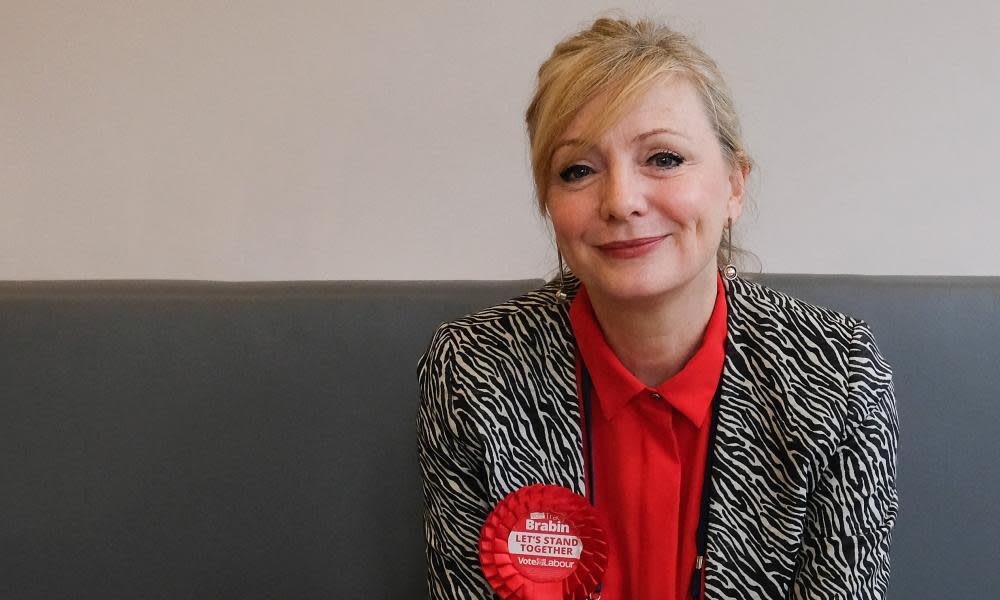More than 500 children's centres have closed in England since 2010

Cash-strapped local councils in England have closed more than 500 children’s centres since 2010, government figures have shown.
Critics say the figures, revealed in response to a written parliamentary question, show how provision for young families has collapsed. Councils are preparing for further steep cuts to services over the next few years.
“These cuts are impacting the most disadvantaged,” said Tracy Brabin, Labour’s shadow early years minister, whose parliamentary question forced the government to release the data. “Children’s centres are supporting parents who are in difficulty, but also parents who struggle with their parenting skills.”
Details of the closures follow research published by Barnardo’s in December that found funding for children’s centres in England had been halved from £1.2bn to £0.6bn since 2010. Of the 508 centres revealed in the latest figures to have been closed, more than 100 have been lost in London, while 76 have gone across the wider south-east region. The third most badly affected area was the east of England, with 75 closures.
In many parts of the country, the cuts are ongoing. Norfolk county council last week approved swingeing cuts that include a plan to halve the £10m budget for children’s centres. On the same day, councillors in Somerset unanimously agreed plans to close two-thirds of centres. It is not known whether cuts are planned for children’s centres in Northamptonshire, where officials gave notice at the beginning of the month that the council could become the first in two decades to file for bankruptcy.
Unlike nurseries, where parents leave their children in the care of others, children’s centres provide activities, resources and support for families as well as their children. Tackling family issues early can prevent more profound problems later, advocates say.
Brabin, who has been visiting centres in different parts of thecountry, said they provided services ranging from social services to stay-and-plays to English and numeracy classes.
“These centres are like a family member who’s there to guide and support you… It’s not just a patrician thing, it’s also peer support. The meeting I went to had a whole variety of different users, very different people of different backgrounds.”
A Department for Education spokesman said: “We want every child to have the best start in life, which is why we are determined to improve early years provision across the board. This includes a pledge to close the word gap and improve outcomes for the most disadvantaged children in the early years and a £200bn investment for local services, including children’s centres, up to 2020.”
This article was corrected on 20 February 2018. Due to an editing error, the final quote had been misattributed to Tracy Brabin.

 Yahoo News
Yahoo News 
